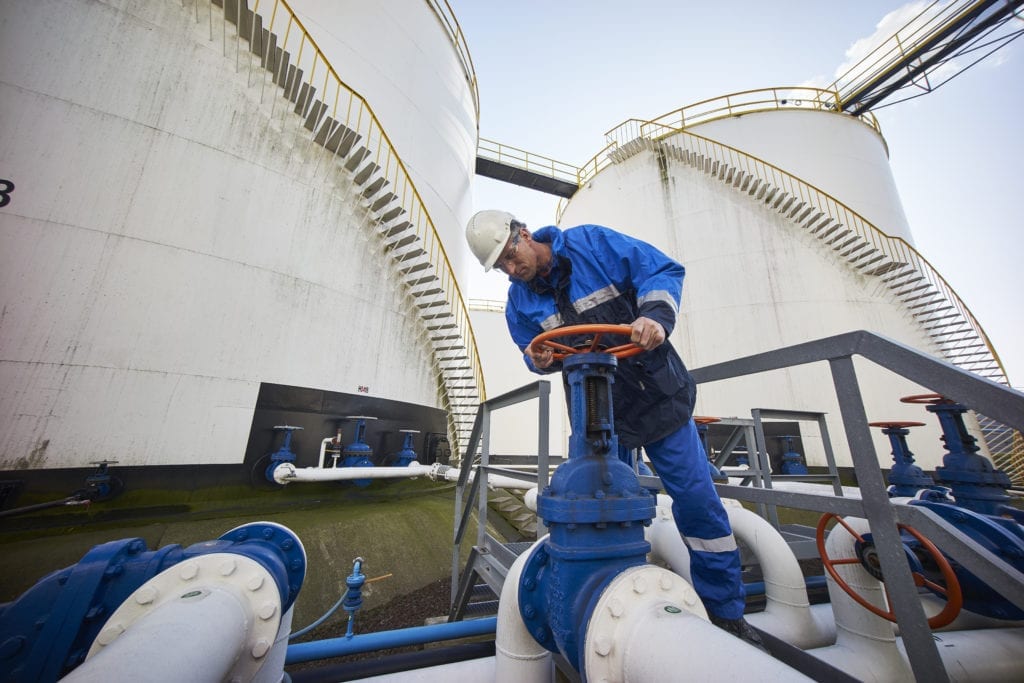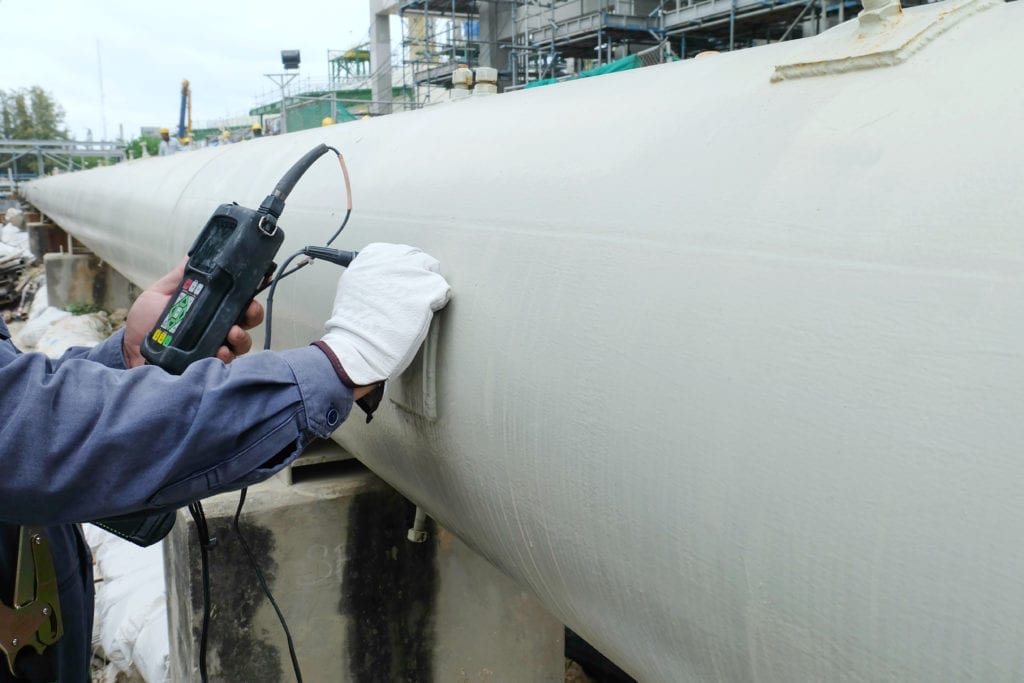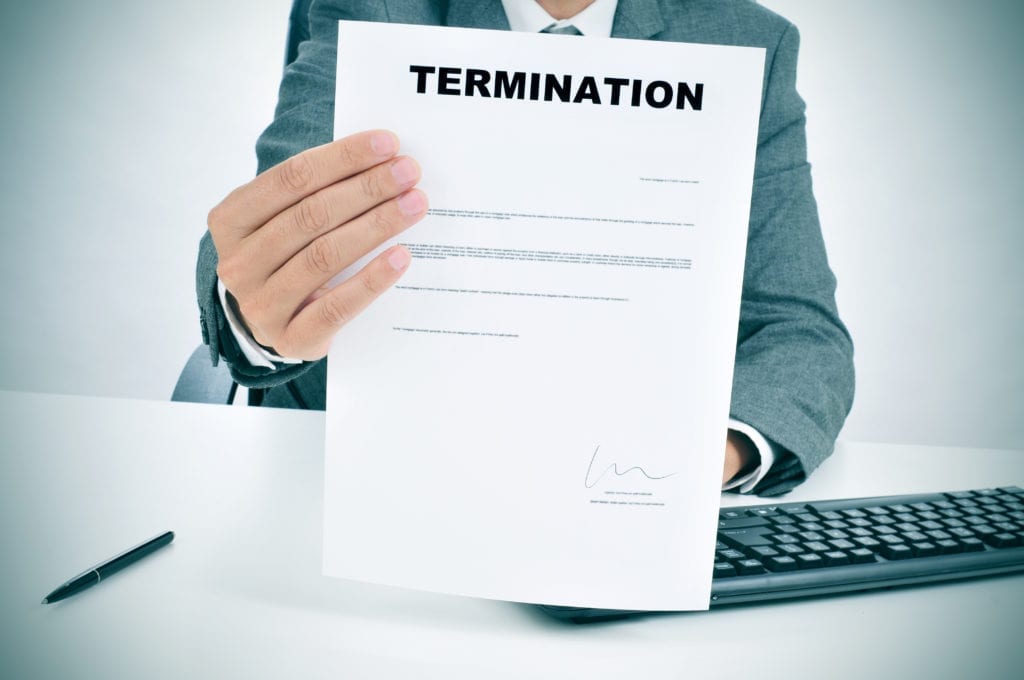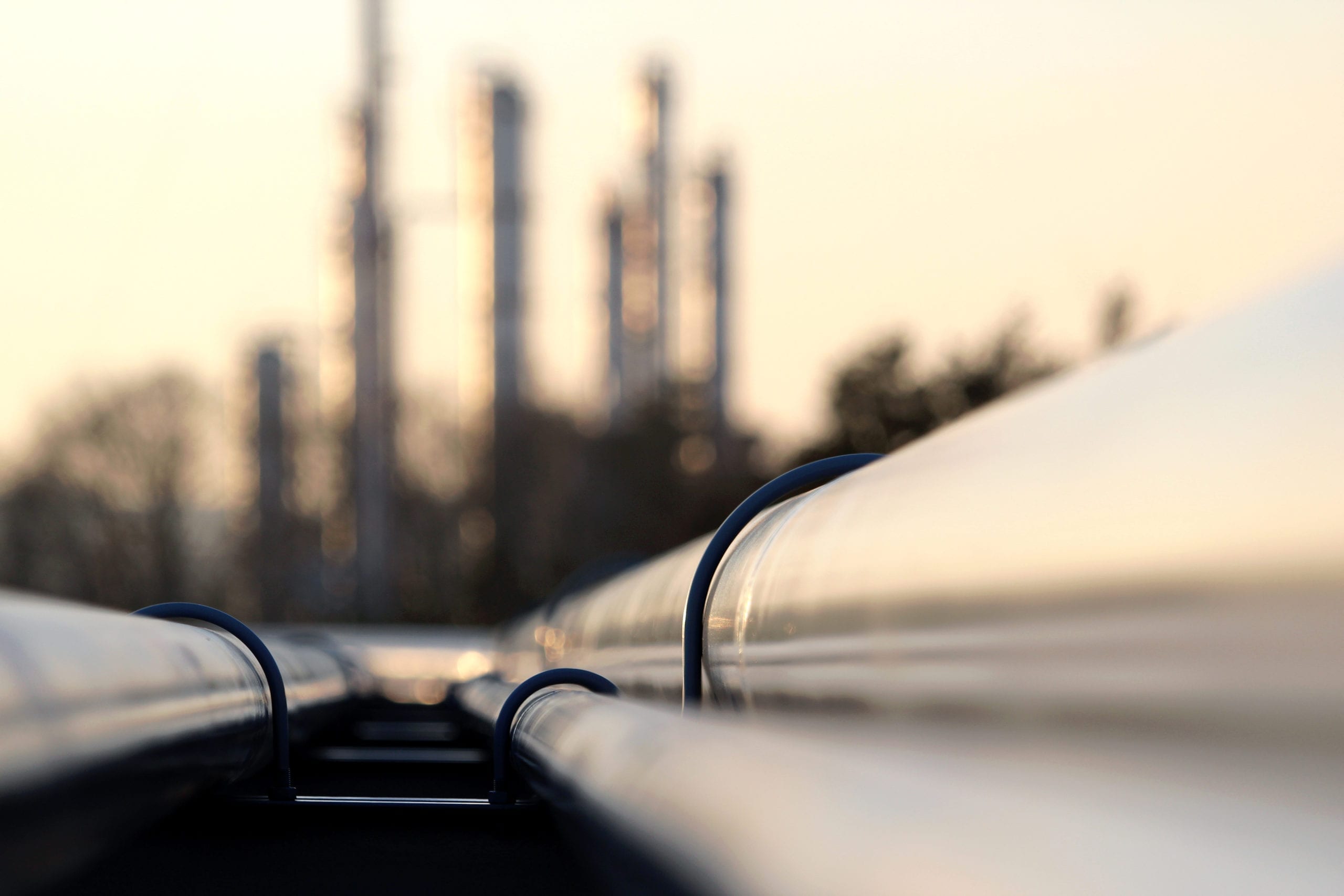Brian J Graber LLC is a pipeline whistleblower lawyer representing Illinois, Indiana, and Michigan employees who are retaliated against for reporting violations of pipeline safety and security laws. The Pipeline Safety Improvement Act-Whistleblower Law, (PSIA), 49 U.S.C. 60129(a)(1) protects certain employees from retaliation for engaging in certain statutorily protected activities related to pipeline safety and security.
On December 27, 2020, President Trump signed into law an appropriations bill containing Section 116, which amends PSIA’s whistleblower protections by providing a “kick-out” provision. This “kick-out” provision allows covered employees to file lawsuits in the district court and seek jury trials on all issues. The new amendment prevents waivers of PSIA’s whistleblower protections through arbitration agreements.
Pipeline Safety Improvement Act-Whistleblower Protections
The PSIA’s Whistleblower Protections, 49 U.S.C. 60129(a)(1) state that no employer may discharge any employee or otherwise discriminate against any employee with respect to his compensation, terms, conditions, or privileges of employment because the employee (or any person acting pursuant to a request of the employee) engaged in particular statutorily defined protected activities.
The PSIA’s Whistleblower Protections at 49 U.S.C. 60129(a)(1) is broad enough to cover adverse employment action that would dissuade a reasonable employee from engaging in the statutorily protected activities.

Protected Activity Under the PSIA
A covered employee is protected from retaliation under the PSIA, 49 U.S.C. 60129(a)(1)(A)-(F) if he or she engages in any of the following statutory protected activity:
- Provided, caused to be provided, or is about to provide or cause to be provided, to the employer or the Federal Government information relating to any violation or alleged violation of any order, regulations, or standard under this chapter or any other Federal law relating to pipeline safety;
- Refused to engage in any practice made unlawful by this chapter or any other Federal law relating to pipeline safety, if the employee has identified the alleged illegality to the employer;
- Provided, caused to be provided, or is about to cause to be provided, testimony before Congress or any Federal or State proceeding regarding any provision (or proposed provision) of this chapter or any other Federal law relating to pipeline safety;
- Commenced, caused to be commenced, or is about to commence or cause to be commenced a proceeding under this chapter or any other Federal law relating to pipeline safety, or a proceeding for the administration or enforcement of any requirement imposed under this chapter or any other Federal law relating to pipeline safety;
- Provided or caused to be provided, or is about to provide or cause to be provided, testimony in any proceeding described above in No. 4; or
- Assisted or participated or is about to assist or participate in any manner in such a proceeding or in any other manner in such a proceeding or in any other action to carry out the purpose of this chapter or any other Federal law relating to pipeline safety.
Examples of PSIA Protected Activity
Examples of safety concerns that could be considered PSIA protected activity include:
- Reporting faulty pipeline manufacturing procedures;
- Reporting defects in pipeline materials;
- Dangerous pipeline installation procedures;
- Falsification of inspections and records;
- Improper pipeline repairs;
- Unabated pipeline corrosion;
- Equipment failure;
- Pipeline failure;
- Deficient gas detection practices;
- Insufficient required training;
- Unqualified personnel;
- Operator errors;
- Operational deficiencies;
- Inadequate investigation/analysis of pipeline accidents.
The Pipeline and Hazardous Materials Safety Administration’s website identifies the federal regulations related to pipeline and hazardous materials safety regulations. The U.S. Department of Transportation/PHMSA’s Pipeline Glossary can be found here.
Incidents can be reported to the Pipeline and Hazardous Materials Safety Administration (PHMSA)’s hotline at 1-800-424-8802. Click here for PHMSA’s Incident Reporting page.
If you believe that you were retaliated against in violation of the PSIA’s whistleblower Protections, contact Brian J Graber LLC, a pipeline whistleblower lawyer in Illinois at (312) 291-4648 or in Indiana at (219) 232-9011 or in Michigan at (269) 230-6054 to schedule a free, confidential consultation.

Covered Employee’s Burden of Proof
A covered employee must prove the following elements to establish a PSIA Whistleblower claim under 29 C.F.R. 1981.104(b)(i)-(iv):
- The covered employee engaged in statutorily protected activity or conduct described above;
- The covered employer knew or suspected, actually or constructively, that the covered employee engaged in the statutorily protected activity or conduct;
- The covered employee suffered an unfavorable personnel action; and
- The circumstances were sufficient to raise the inference that the statutorily protected activity was a contributing factor in the unfavorable action.
If a covered employee proves these elements, the covered employer must prove by clear and convincing evidence that the covered employer would have taken the same unfavorable personnel action in the absence of the statutorily protected behavior. If the covered employer fails to prove this affirmative defens,e the covered employee may recover damages.
Under 49 U.S.C. 60129(d) the PSIA’S Whistleblower Protections are not available under 49 U.S.C. 60129(a)(1) shall not apply with respect to an action of an employee of an employer who, acting without direction from the employer (or the employer’s agent), deliberately causes a violation of any requirement relating to pipeline safety under this chapter or any other law of the United States.

Covered Employee’s Remedies Available Under PSIA Whistleblower Protections
A successful covered employee may seek the following remedies from a covered employer for retaliation in violation of the PSIA’s Whistleblower Protections:
- Reinstatement to the employee’s former position together with compensation (including back pay) and restoring the terms, conditions, and privileges of employment;
- Uncapped compensatory damages; and
- All costs and expenses (including attorney’s and expert witness fees).
If you would like to learn more about your rights under the PSIA Whistleblower Protections, contact Brian J Graber LLC, a pipeline whistleblower lawyer, at (312) 291-4648, (219) 232-9011, or (269) 216-4014 or by email to schedule a free confidential consultation.
Statute of Limitations
Under the PSIA, 49 U.S.C. 60129(b)(1) a covered employee who believes he or she has been discharged or otherwise discriminated against by any person in violation of PSIA’s Whistleblower Protections, 49 U.S.C. 60129(a)(1), may, not later than 180 days after the date on which such violation occurs, file a complaint with the Secretary of Labor/OSHA alleging such discharge or discrimination.
Whistleblower Complaints can be filed with the Secretary of Labor/OSHA online here.
If you believe that you were retaliated against in violation of the PSIA, contact Brian J Graber LLC, a pipeline whistleblower lawyer, in Illinois at (312) 291-4648 or in Indiana at (219) 232-9011 or in Michigan at (269) 230-6054 or by email to schedule a free confidential consultation.
Covered Employer for PSIA Whistleblower Protection
The determination of who is a “covered employer” for the purposes of PSIA’s Whistleblower Protections can be complex. The PSIA, 49 U.S.C. 60129(a)(2)(A) and (B) defines “employer” as meaning:
- A person owning or operating a pipeline facility; or
- A contractor or subcontractor of such person.
Under 29 C.F.R. 1981.101 “person” means a corporation, company, association, firm, partnership, joint-stock company, an individual, a State, a municipality, and a trustee, receiver, assignee, or personal representative of a person.
The PSIA, 49 U.S.C. 60101(a)(18) further defines the term “pipeline facility” as a gas pipeline facility and a hazardous liquid pipeline facility. The PSIA, 49 U.S.C. 60101(a)(3) defines a “gas pipeline facility” as including a pipeline, a right of way, a facility, a building, or equipment used in transporting gas or treating gas during its transportation. The PSIA, 49 U.S.C. 60101(a)(4) defines a “hazardous liquid pipeline facility” as including a pipeline, a right of way, a facility, a building, or equipment used or intended to be used in transporting hazardous liquid. Under 49 U.S.C. 60101(a)(2) “gas” means natural gas, flammable gas, or toxic or corrosive gas. Under 49 U.S.C. 60101(a)(4) “hazardous liquid” means petroleum or a petroleum product; non-petroleum fuel, including biofuel, that is flammable, toxic, or corrosive or would be harmful to the environment if released in significant quantities; and a substance the Secretary of Transportation decides may pose an unreasonable risk to life or property when transported by a hazardous liquid pipeline facility in a liquid state (except for natural gas).
Based on these definitions of “gas pipeline facility” and “hazardous liquid pipeline facility” OSHA determines the PSIA requires a pipeline to be “transporting” gas or a hazardous liquid to be covered by the PSIA.
Under PSIA, 49 U.S.C. 60101(a)(21) “transporting gas” means the gathering, transmission, or distribution of gas by pipeline, or the storage of gas, in interstate or foreign commerce; and the movement of gas through regulated gathering lines; but does not include gathering gas (expect through regulated gathering lines) in a rural area outside a populated area designated by the Secretary of Transportation as a nonrural area.
Under the PSIA, 49 U.S.C. 60101(a)(22) “transporting hazardous liquid by pipeline, or storage of hazardous liquid incidental to the movement of hazardous liquid by pipeline, in or affecting interstate or foreign commerce; and the movement of hazardous liquid through regulated gathering lines; but does not include moving hazardous liquid through gathering lines (except regulated lines) in a real area; onshore productions, refining, or manufacturing facilities; or storage or in-plant piping systems associated with onshore production, refining, or manufacturing facilities.
PSIA Whistleblower Protections Depend on Transmission and Distribution Regulated by PHMSA
The significance of these definitions is important because transmission and distribution pipelines are subject to the regulation of the Pipeline and Hazardous Materials Safety Administration (PHMSA). Therefore, if the employer’s work relates only to “gathering pipelines” not regulated by the PHMSA, the employer is not regarded as “transporting gas” or “transporting hazardous liquid” by pipeline and may not be covered by the PSIA’s Whistleblower Protections.
PSIA Whistleblower Protections Defines “Employer” Broadly to Include Contractors or Subcontractors of A Person Owning or Operating a Pipeline Facility
Under the PSIA Whistleblower Protections, 49 U.S.C. 60129(a)(2)(B), a contractor or subcontractor of a “person owning or operating” a pipeline facility violates the law if it retaliates against an employee for engaging in a statutorily protected activity described above.
If you believe you suffered retaliation in violation of the PSIA Whistleblower Protections, contact Brian J. Graber LLC, a pipeline whistleblower lawyer, at (312) 291-4648, (219) 232-9011, or (269) 230-6054 for a free confidential consultation.
Illinois Whistleblower Protections for Pipeline Employees
Illinois Whistleblower laws do not define the “employee” broadly enough to cover an employee of a contractor or subcontractor of a person owning or operating a pipeline facility. However, an Illinois common law retaliatory discharge claim would provide broad protections for wrongful termination for engaging in certain protected activities. Additionally, The Illinois Whistleblower Act may provide broad protection from retaliation for those employees who engage in the statutorily defines protected activities.
The Illinois Commerce Commission regulates pipeline safety in Illinois and is charged with inspection and enforcement activities applicable to intrastate natural gas transmission, distribution, and gathering pipeline facilities. Illinois Pipeline Safety Statutes and Regulations can be found here.
Pipeline Safety Reports can be made to The Illinois Commerce Commission/Safety & Reliability Division/Pipeline Safety Program’s 24-hour Emergency Number (217) 782-5050. Pipeline Safety Program Contacts can be found here.
If you believe you were retaliated against in violation of pipeline whistleblower laws, contact Brian J Graber LLC, a pipeline whistleblower lawyer, in Illinois at (312) 291-4648 for a free consultation.
